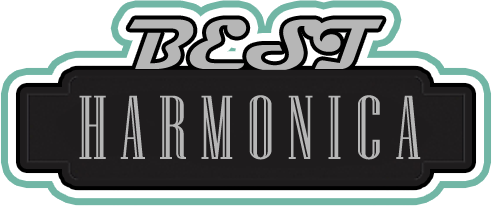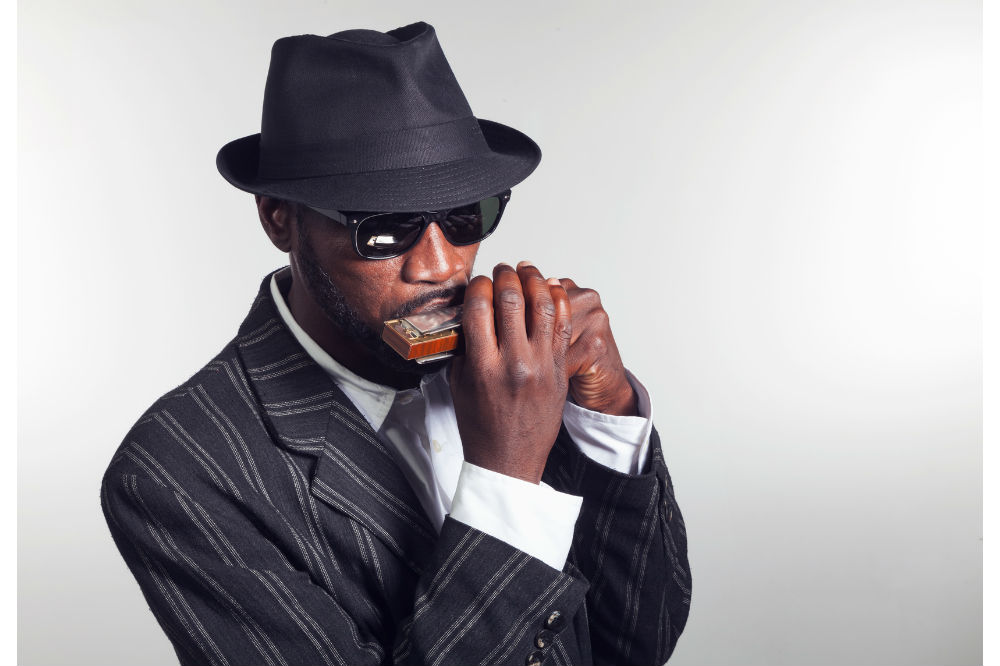Harmonicas are a favorite of many players because they are easy to play, affordable and can be brought anywhere. There’s more to choosing a harmonica than just looking at size and price because harmonicas can deliver a variety of tones you would not expect.
Harmonicas are also very versatile, allowing users to play any type of musical style imaginable. Many artists have harmonicas and play them constantly, making this the perfect instrument to bring anywhere.
However, if you are purchasing one, selecting a good harmonica can be difficult. Here is a short buying guide that will help you pick the proper harmonica for your use. Or if you’re a beginner harmonica player, here is a list of additional things to consider before making that first harmonica purchase.
Types of Harmonicas
There are actually several types of harmonica, and even more harmonica brands, which vary in specialty. However, there are three major categories of harmonicas in the market which is sorted by how they are tuned and they are chromatic, diatonic and tremolo.
Diatonic harmonicas
These are the most typical types of harmonica bought by those who want to play blues, folk music and pop.
The reason why the harmonica is a favorite among musicians from these music styles is that it is designed to play in one specific key. The design of the diatonic harmonica is also perfect to do note-bending and overblowing to change the pitch of the harmonica and play various styles in the process. Players also prefer this type of harmonica because of the fact it can be played in various positions to play other keys.
Chromatic harmonicas
Chromatic harmonicas on the other hand, have a button-activated lever which shifts the air into two separate reed plates within the harmonica which allows it to play all the notes in the western musical scale.
Advanced players, once they get accustomed with this type of harmonica, will be able to play any scale they want and understand the ‘gear shift’ of chromatic harmonicas.
It is important to note that bending pitches and overblowing is slightly difficult in a chromatic harmonica due to its larger reeds. However, this harmonica can still create the chords and effects one would be able to get in bending and overblowing.
It is advisable that users first master playing a diatonic harmonica before moving on to chromatics due to the number of scales one has to memorize.
Tremolo
Tremolo harmonicas are known as echo harmonicas because of their capacity to produce a warbling tone which is produced by having two reeds for a specific note. The first pitch heard to create the warbling sound is sharp while the other tune that can be heard is a flat tone.
Musicians playing Asian rock and pop love this type of harmonica because of its sound. However, fans of country and campfire music also look for tremolo harmonicas to give that rustic feeling to their songs.
Specialty Harmonicas
Aside from these three main types of harmonicas, there are specialty harmonicas that can be used in several performances and keys. One of the best known types of specialty harmonica is the chord harmonica, which can perform 48 different chords that can make an octave that would work well for harmonica ensembles.
Orchestral harmonicas can perform various pitch ranges and notes in any key. Orchestral harmonicas are also available in either diatonic or chromatic versions depending on one’s preferences.
Harmonica aids
Aside from buying a harmonica, there are some tools that will help you hone your skills with a harmonica and assist you in learning what you need to know about harmonicas. Tutorial books, key guides and transcriptions are currently available in the market for beginners to try out.
Performing with your harmonica
If you will be performing with your harmonica or you just want to perform for your family and friends, you need to know that there are certain types of microphones that would match perfectly with your harmonica. Normally, one would play their harmonicas with their hands cupped in the mic to ensure that the sound would remain to be crisp.
Brands like Shure, Shaker Retro Rocket, and Audix all make harmonica-friendly microphones. There are also amplifiers available from brands such as Hohner and Fender which can assist in boosting the sound of your harmonica.

